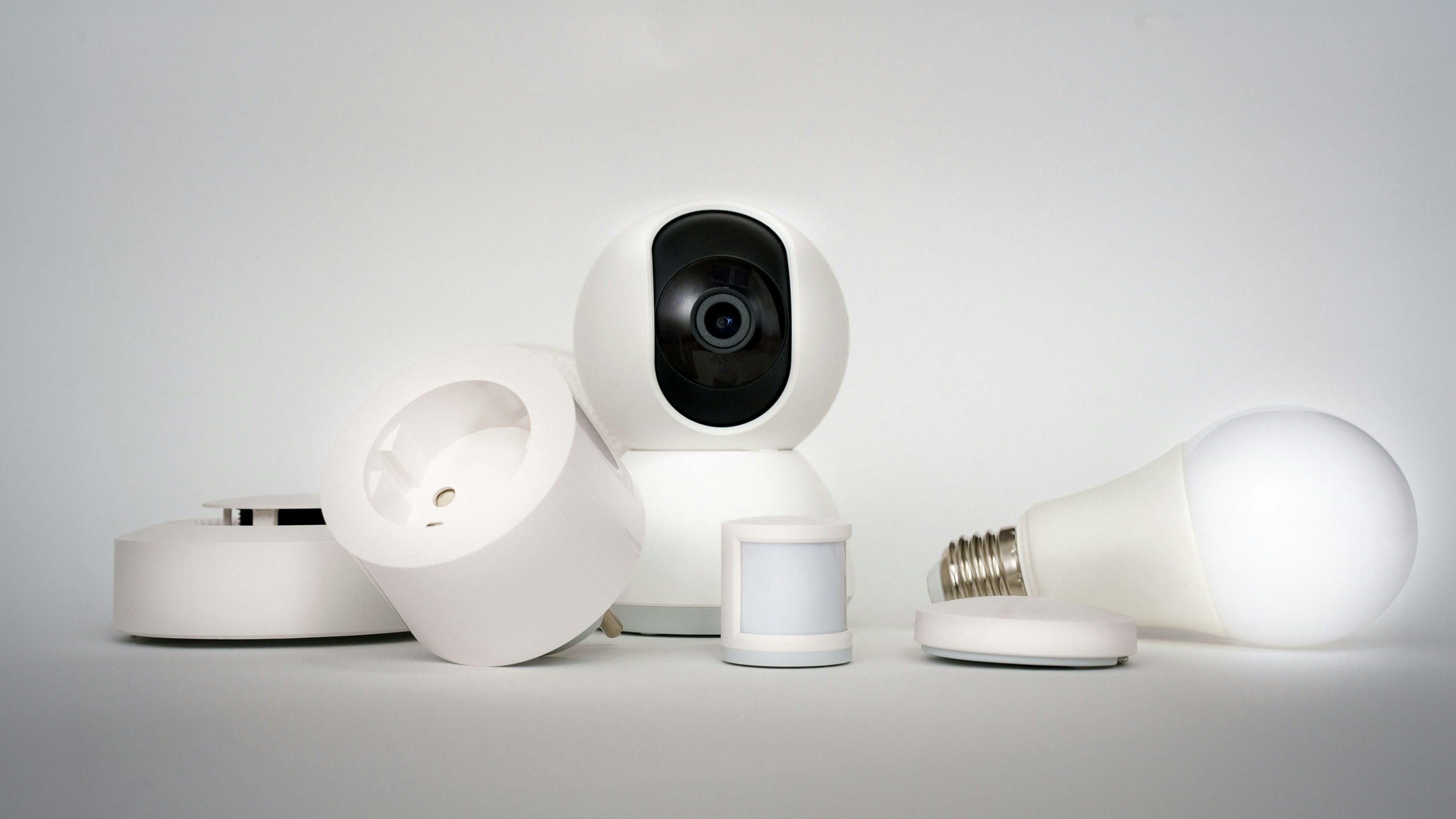Your smartwatch could predict mood swings, new research suggests
Scientists found a novel way to predict mood episodes using wearables


It's well-known that smartwatches can track anything from sleep and stress to respiratory rate and exercise. However, a groundbreaking new study suggests that wearables could soon also help predict mood episodes. In fact, they already can.
Researchers found that the Circadian Phase Z-score – a measure of how well your body clock aligns with external time – plays a crucial role in forecasting depressive, manic, and hypomanic episodes.
This means your smartwatch, fitness tracker, or even a smart ring might soon be able to flag early warning signs of mood swings.
Scientists tracked individuals with bipolar disorder over an extended period, collecting real-world data on their sleep, movement, and daily routines.
Instead of just examining sleep duration or step count (as most fitness apps do), researchers analysed how well each person’s internal clock aligned with the actual time of day.
This alignment – or misalignment – was measured using a Circadian Phase Z-score. In simple terms, this score tells you whether your body clock is in sync with the natural day-night cycle. If your body clock was too far ahead or lagging behind, it was more likely to precede a mood episode.
Most smartwatches and fitness trackers already monitor sleep and movement patterns, but they don’t yet calculate circadian alignment. However, some smart rings, including the Oura Ring 4 and the Ultrahuman Ring Air, can keep track of circadian rhythm.
Sign up to the T3 newsletter for smarter living straight to your inbox
Get all the latest news, reviews, deals and buying guides on gorgeous tech, home and active products from the T3 experts
This study suggests that tracking when you sleep and wake up (and how consistent that is over time) could be a game-changer for mental health monitoring.
With AI-powered sleep tracking becoming more sophisticated on devices like the Apple Watch, Oura Ring, and Pixel Watch, the possibility of early mood episode detection via wearables is getting closer.
While your smartwatch won’t diagnose bipolar disorder anytime soon, future updates could offer subtle nudges – like suggesting more consistent sleep-wake times – to help keep your circadian rhythm in check and support mental well-being.

Matt Kollat is a journalist and content creator who works for T3.com and its magazine counterpart as an Active Editor. His areas of expertise include wearables, drones, fitness equipment, nutrition and outdoor gear. He joined T3 in 2019. His byline appears in several publications, including Techradar and Fit&Well, and more. Matt also collaborated with other content creators (e.g. Garage Gym Reviews) and judged many awards, such as the European Specialist Sports Nutrition Alliance's ESSNawards. When he isn't working out, running or cycling, you'll find him roaming the countryside and trying out new podcasting and content creation equipment.
You must confirm your public display name before commenting
Please logout and then login again, you will then be prompted to enter your display name.

